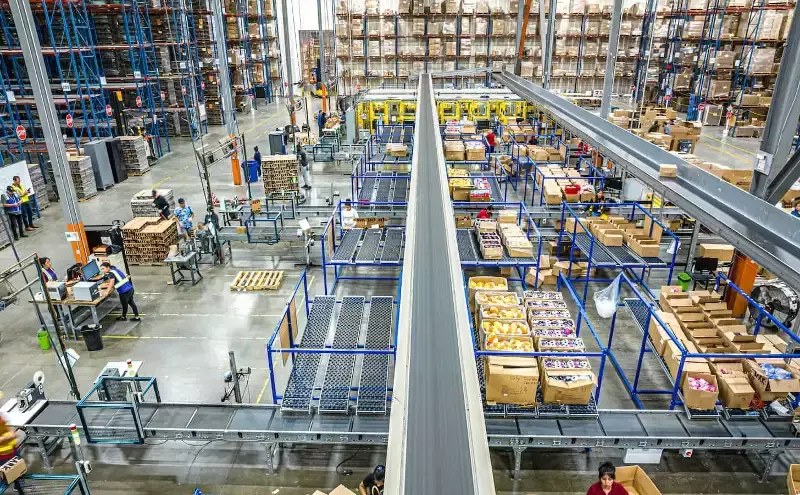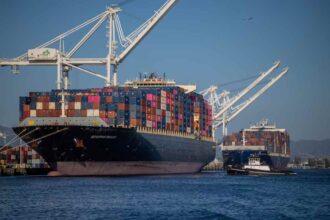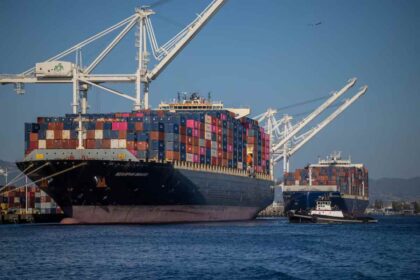At a Glance
- Mobile commerce dominates African retail as smartphone use and fintech platforms like M-Pesa surge.
- Retailers adopt mobile-first strategies, integrating BNPL, digital wallets, and social commerce tools.
- Logistics tech startups scale rapidly to meet growing e-commerce demand across the continent.
As Africa’s digital economy accelerates, mobile commerce is emerging as the future of retail across the continent.
Driven by surging smartphone adoption and innovative fintech solutions like M-Pesa and MTN Mobile Money, a growing number of Africans are bypassing traditional banking systems to shop online with unprecedented ease.
According to industry analysts, the majority of online transactions in Africa are now completed via mobile devices, prompting retailers to restructure their strategies around a mobile-first retail model.
From Buy Now, Pay Later (BNPL) solutions to social commerce integration, companies are capitalizing on the continent’s digital leap.

Mobile payments redefine Africa’s retail economy
Africa’s retail sector—long dominated by informal markets and physical stores—is undergoing a seismic shift, fueled by mobile commerce and digital payments.
As smartphone adoption surges and fintech platforms like M-Pesa, Flutterwave, and OPay scale rapidly, millions of Africans are gaining real-time access to goods, services, and digital financial tools.
According to McKinsey, Africa’s e-commerce sector could hit $75 billion by 2025, accounting for 10% of all retail sales.
This transformation is democratizing retail access, especially for underserved populations in remote and peri-urban areas.
Digital wallets, QR code systems, and mobile banking are minimizing cash dependence while enhancing transparency, inventory tracking, and transaction speed for small retailers.
Increasingly, merchants are integrating Buy Now, Pay Later (BNPL) and digital credit options to tap into Africa’s expanding middle class.
Logistics startups scale to meet E-commerce demand
The continent’s e-commerce momentum is being matched by innovation in logistics.
Platforms like Jumia, Wasoko, and TradeDepot are deploying AI, mobile data, and last-mile delivery solutions to overcome infrastructure bottlenecks and meet rising consumer expectations.
Wasoko, for instance, empowers informal retailers with on-demand restocking and access to working capital through its data-driven supply chain model.
Meanwhile, Jumia has pivoted to become a full-stack logistics provider, helping smaller vendors reach broader markets.
Global giants are taking notice. Amazon’s expansion into South Africa signals strong investor confidence in Africa’s retail-tech sector, despite lingering challenges such as patchy internet access and inconsistent infrastructure.
Gen Z and Social commerce accelerate retail digitization
With over 60 percent of Africa’s population under 25, Gen Z consumers are fast becoming the engine of digital retail growth.
Platforms like Instagram, TikTok, and WhatsApp are now essential tools for brands, enabling influencer-driven sales, conversational commerce, and direct-to-consumer engagement.
This mobile-first generation is shifting retail behavior from in-store visits to app-based shopping and livestream selling.
With 570 million internet users expected by 2025, Africa is positioning itself as a top global frontier for digital retail.
Africa’s retail transformation is no longer a forecast—it’s happening now. As mobile payments, logistics innovation, and youth-driven demand converge, the continent is carving out its place as one of the world’s most dynamic retail battlegrounds.















